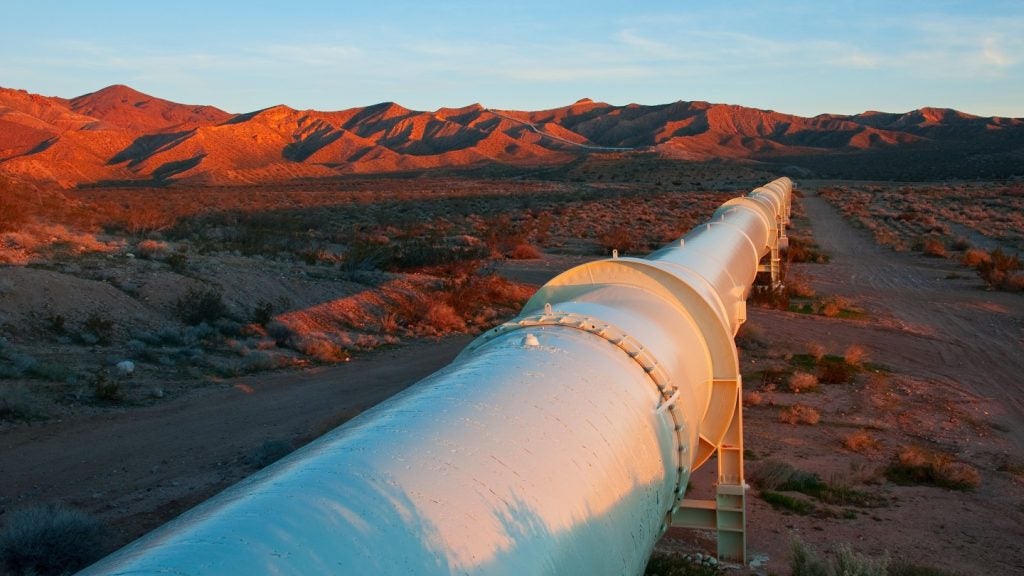Energy companies from Argentina and Brazil have initiated discussions to reverse the flow of a Bolivian natural gas pipeline that links the three nations, reported Reuters.
This strategic move is aimed at mitigating the impact of a potential shortage that could compel Brazil to seek costly alternative fuel sources.
A preliminary proposal to alter the pipeline's direction has not found favour with Bolivia, leaving Brazil at risk of facing fluctuating LNG prices.
Brazil's reliance on gas from Argentina is growing as the country is home to the world's second-largest shale gas reserves.
Meanwhile, Bolivia's exports have been waning and may not be a viable option post-2029.
The most expedient and cost-effective solution to the shortfall could be to reroute gas from Argentina's Vaca Muerta shale formation through the existing Bolivian pipeline network.
However, Argentina's administration, led by President Javier Milei, must first overcome domestic transport challenges and establish a commercial framework for tariff negotiations.
Bolivia's state company YPFB and the government recently dismissed an initial proposal from Argentina and Brazil.
The proposal involved a tolling fee for the transit of Argentine gas through Bolivian territory, according to three executives from the companies engaged in the discussions.
Bolivia has countered with a plan to import and then resell Argentine gas to Brazilian companies, a scheme that was turned down due to the anticipated surge in Brazil's import costs.
Petrobras chief energy transition officer Mauricio Tolmasquim has stated that: "It is a commercial problem."
He also emphasised the need for a mutually beneficial agreement.
At the CERAWeek conference in Houston, he expressed Petrobras' preference for increased gas supply through the Bolivian pipeline, which is currently operating below its full capacity.
Bolivia has struggled to meet its gas delivery commitments to Brazil in the past.
In December 2023, Petrobras revised its contract with Bolivia to maintain imports at a maximum of 20 million cubic metres per day.
As per an earlier report, Brazil is also exploring alternative gas transport routes via Uruguay and Paraguay and is encouraging more domestic onshore gas production.
Argentina, the second-largest recipient of Bolivian gas, intends to halt imports by October, provided it can expand its network to transport more gas from the Vaca Muerta fields to its northern regions.
The country is also developing two significant LNG projects, one by Malaysia's Petronas and YPFB, and another by Tecpetrol.
Requests for comments were not fulfilled by YPFB and the governments of Bolivia and Argentina.









